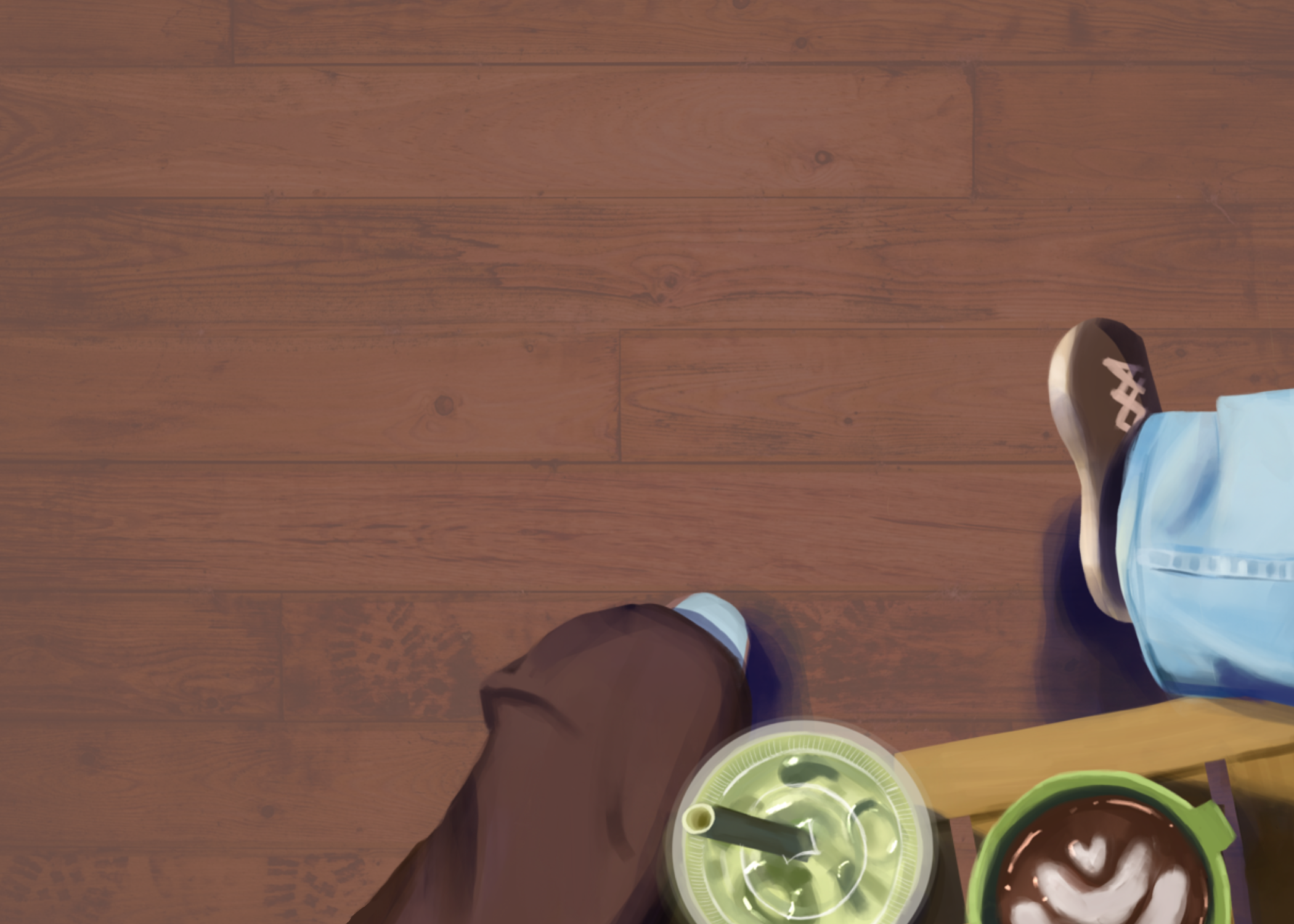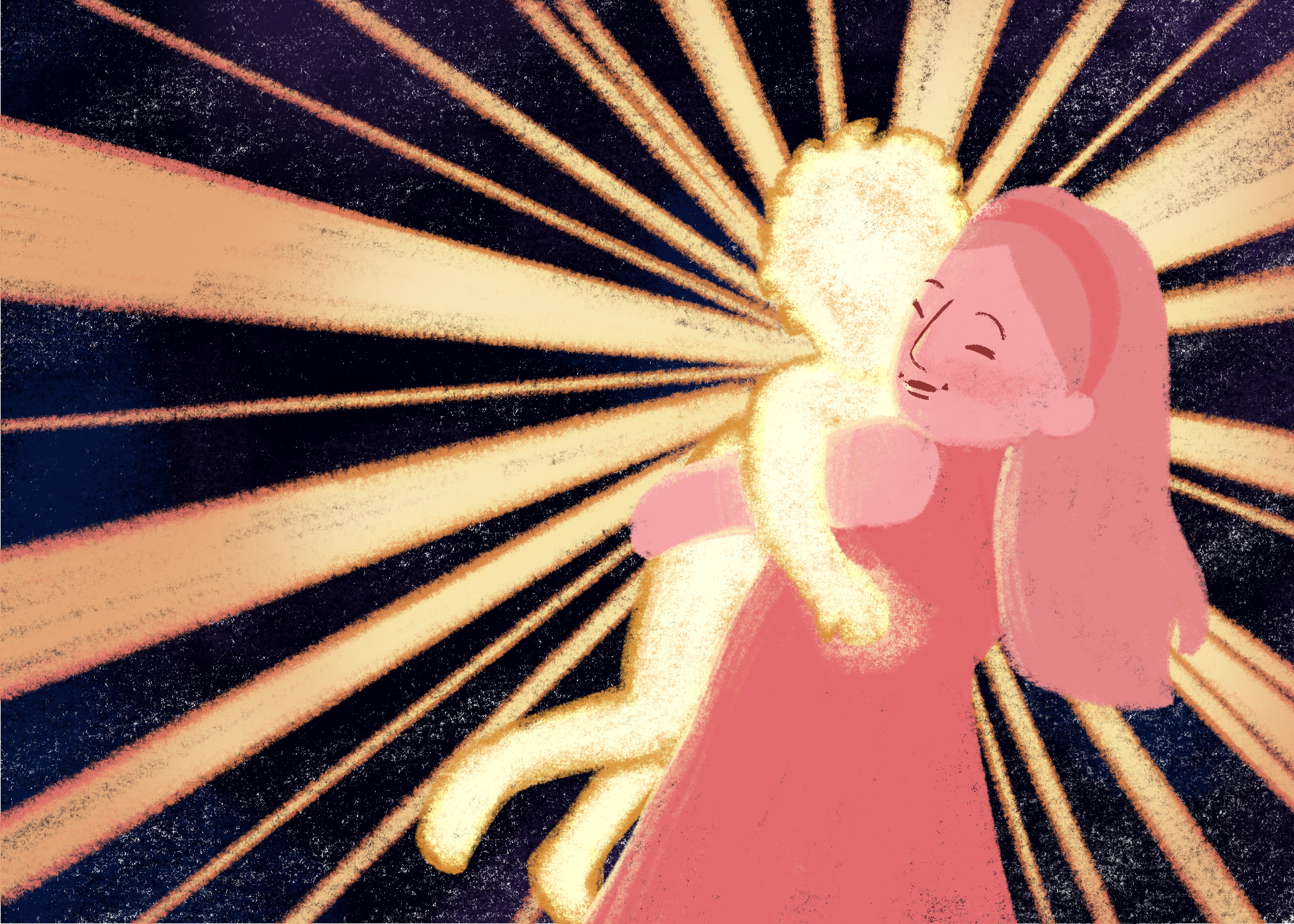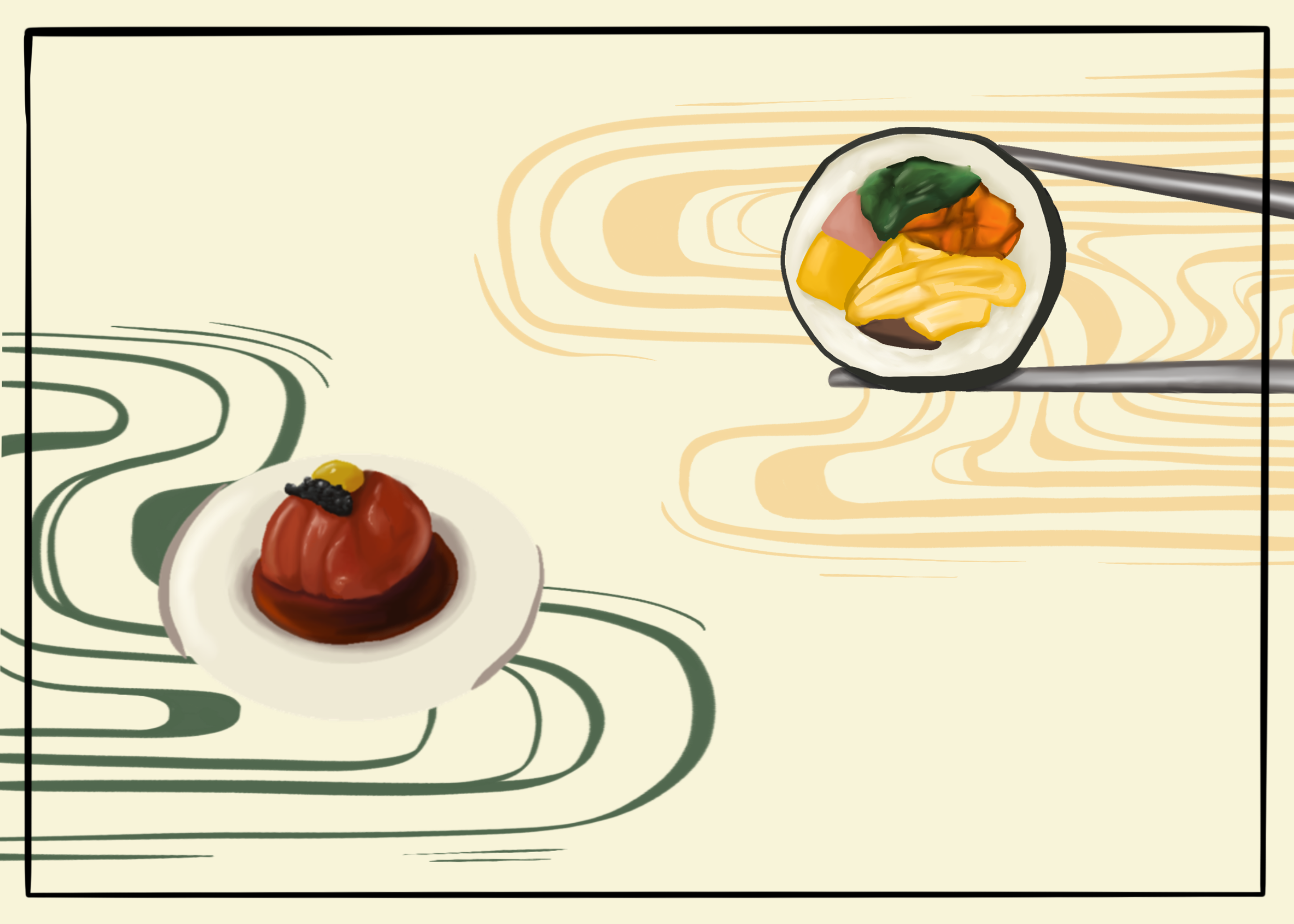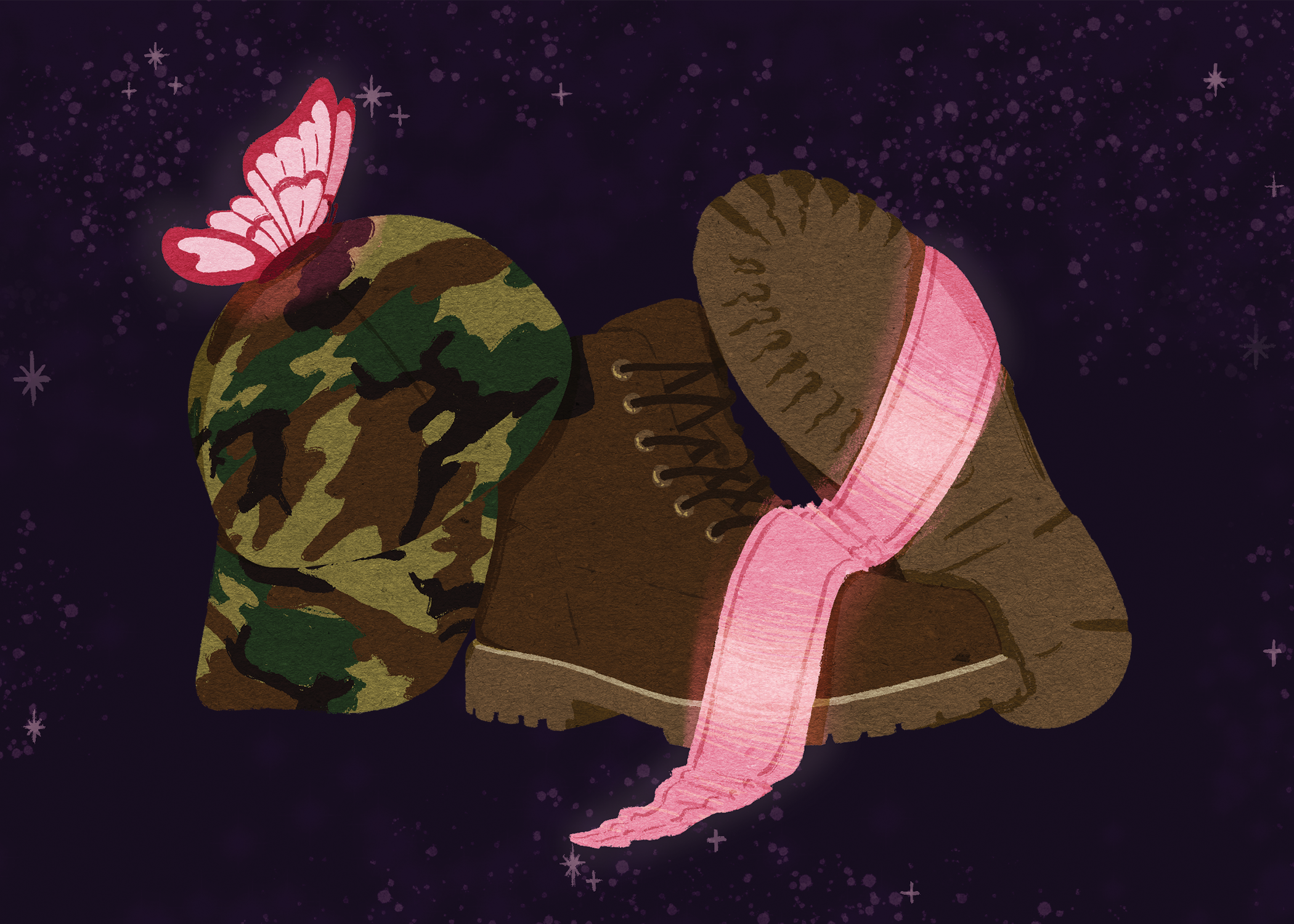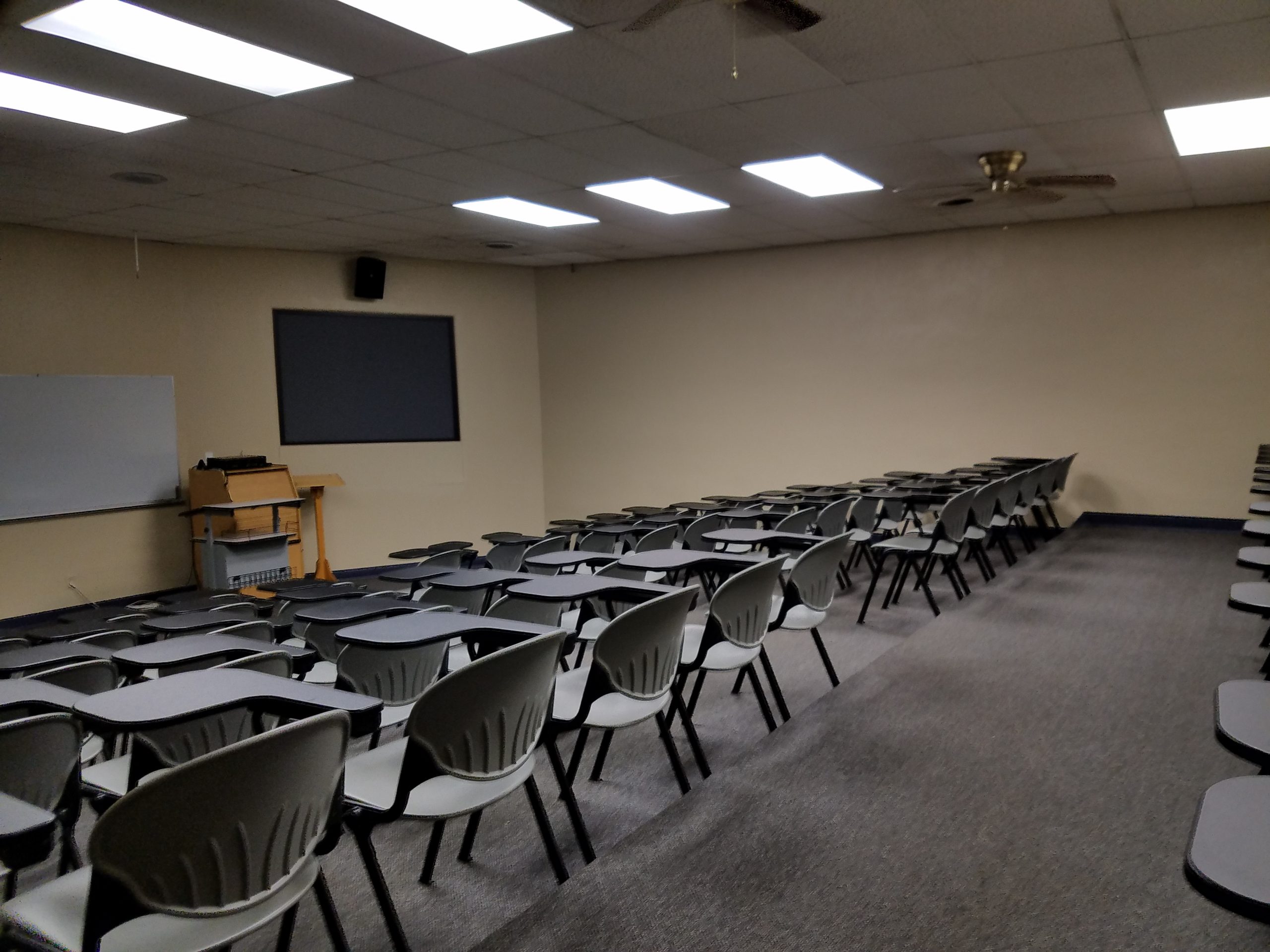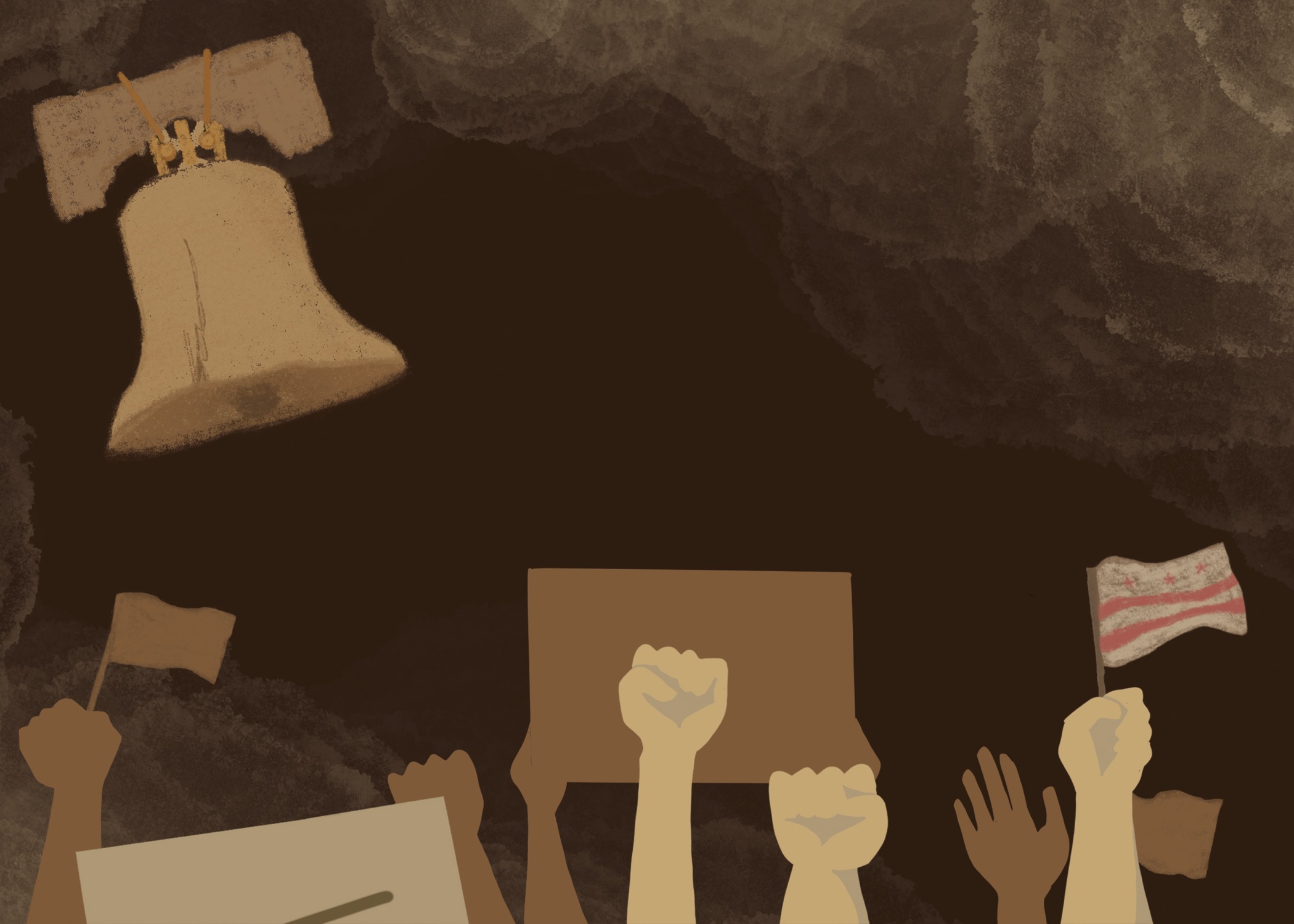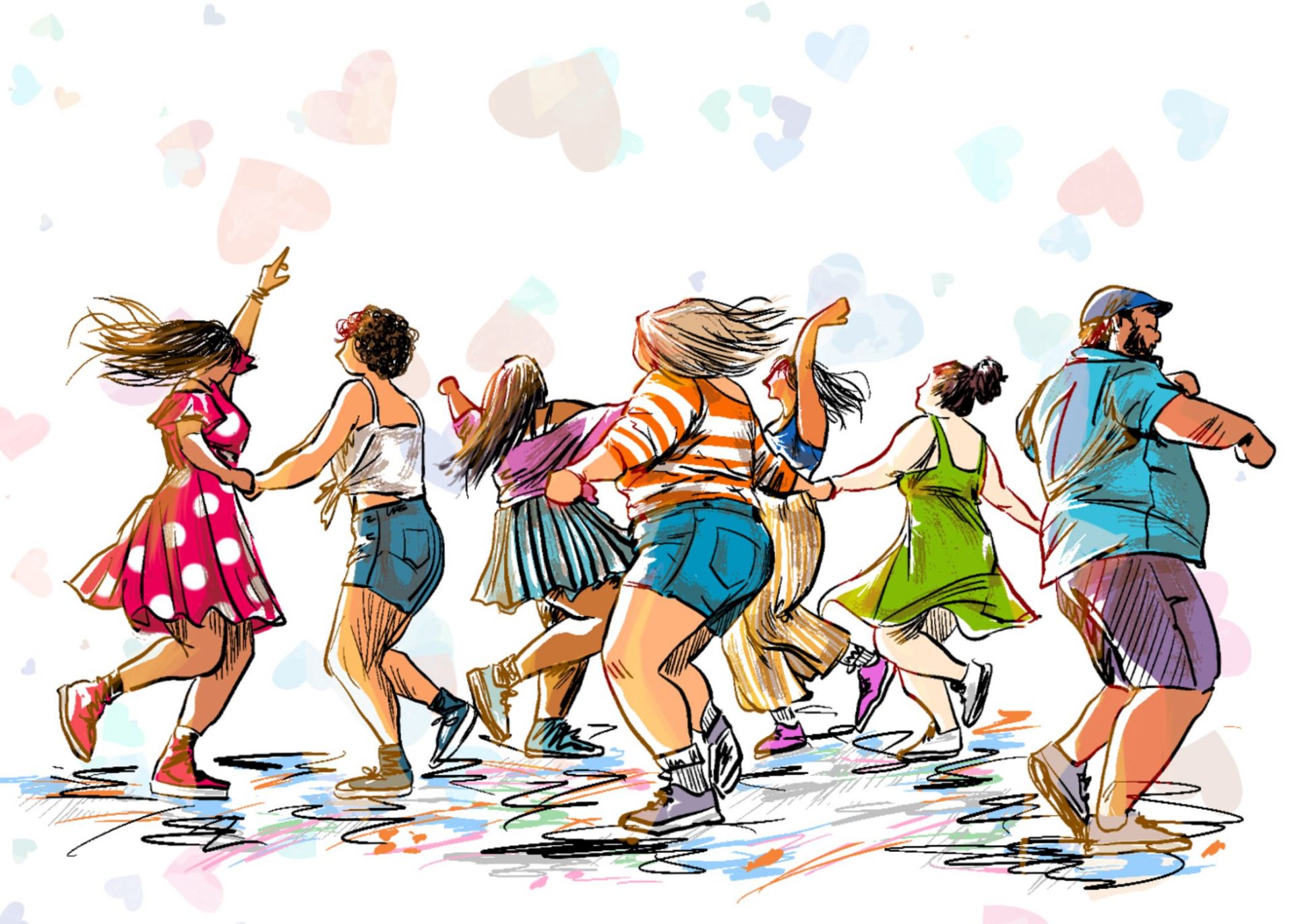Voices
Voices is the Op-Ed and personal essay section of The Georgetown Voice. It features the real narratives of diverse students from nearly every corner on campus, seeking to tell some of the incredibly important and yet oft-unheard stories that affect life in and out of Georgetown.
What if it was the journey and the destination? Giving D.C. public transit a second chance
Beads of sweat run down my face and soak my shirt. Onlookers would probably assume I just ran a marathon across the city or am returning from one of D.C.’s... Read more





